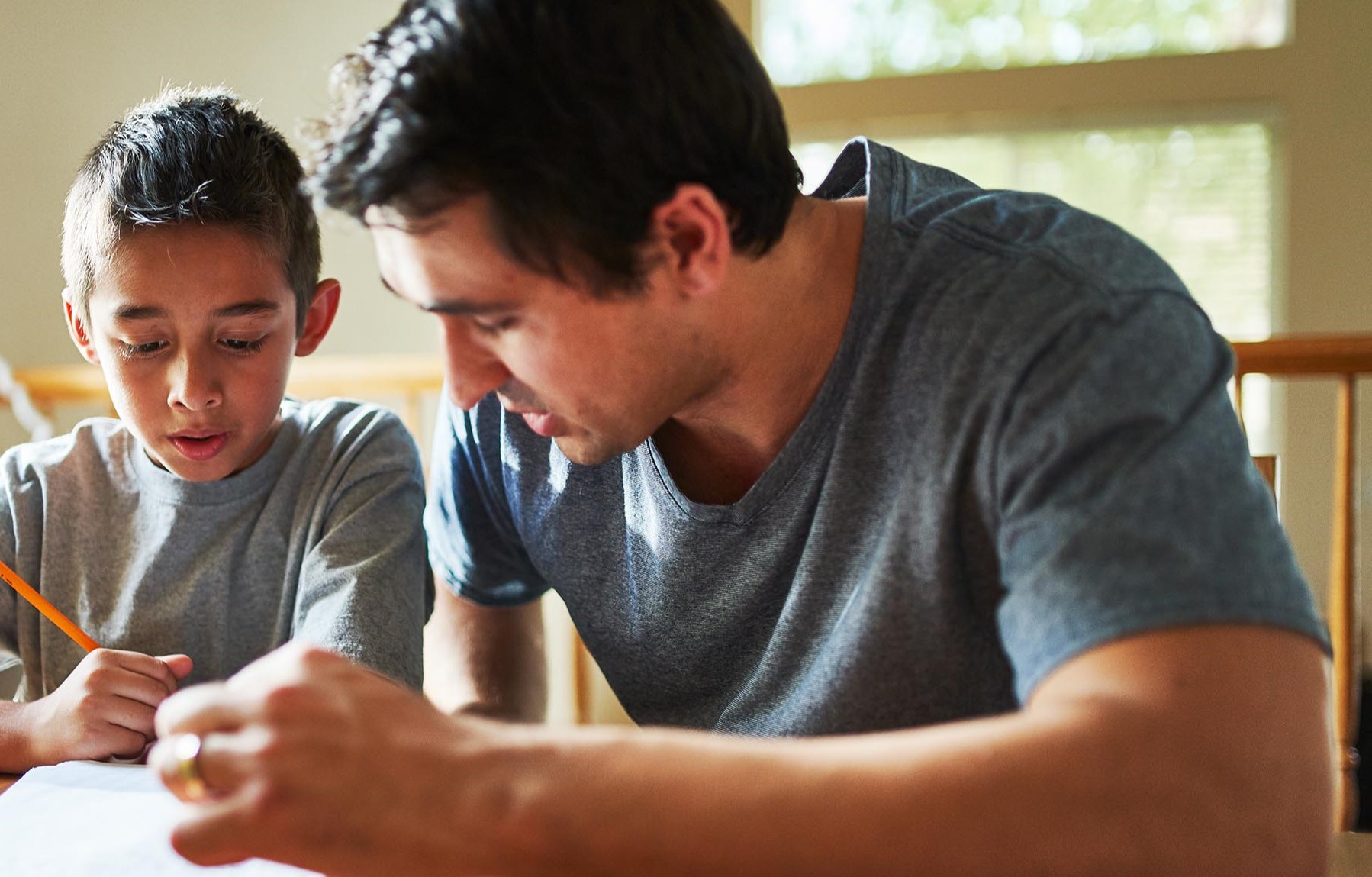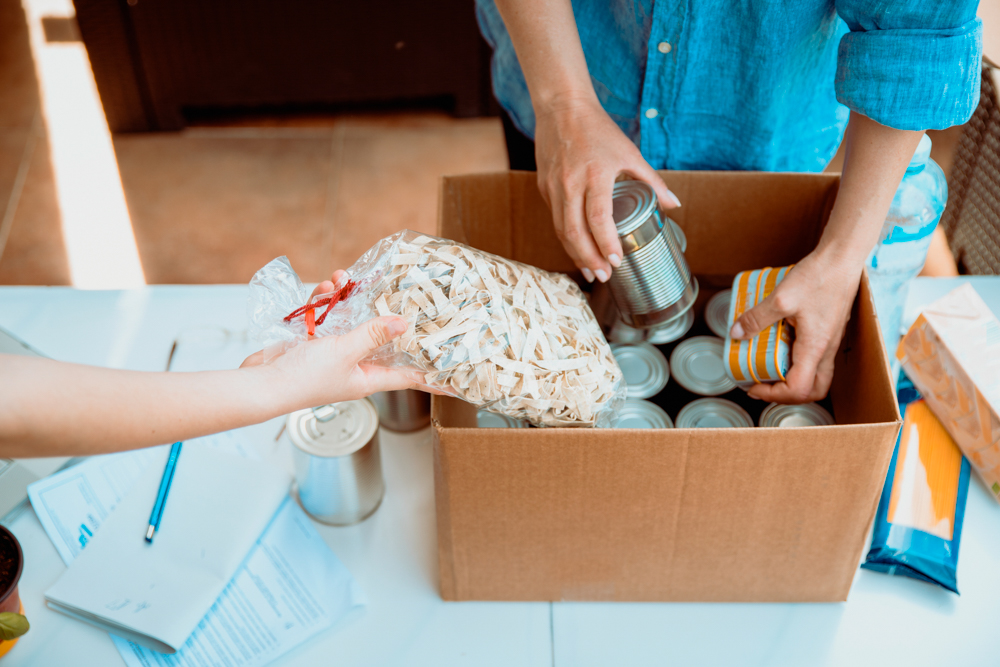
Children's Health Insurance Program (CHIP)
Peace of mind for parents.
Complete care for kids.
From low or no copays for covered services and prescriptions to free fitness center memberships, Health Partners Plans Children's Health Insurance Program has your child covered. Our CHIP plan is available to children up to age 19 at low or no cost in all Pennsylvania counties.

Low or no copays for well-child and sick visits
Free fitness center membership for your child
Low or no copays for growing list of covered drugs
Includes yearly eye exams and glasses
Covers checkups, cleanings and braces when medically necessary
Access to free in-person and virtual classes and events
Important Update about CHIP Coverage
As of January 1, 2024, children enrolled in Free and Low-Cost CHIP will no longer lose coverage for obtaining private health insurance or failing to pay monthly premium payments. As long as the first premium payment is made and there is no private health insurance coverage active when applying, your child will remain enrolled until renewal.
Learn more about these changes. (En Espanol)
Search our online directory to find in-network doctors, dentists, vision care providers and specialists for your child.
You can count on our large and growing list of covered medications. See which drugs are included in our plan.

If you’re receiving Medicaid or CHIP benefits, we can help you complete your annual renewal to make sure you’re still eligible for assistance.

Our friendly Member Relations team is available 24 hours a day, seven days a week to discuss options for your child and answer any questions you may have about our Health Partners Plans CHIP benefits and services.



